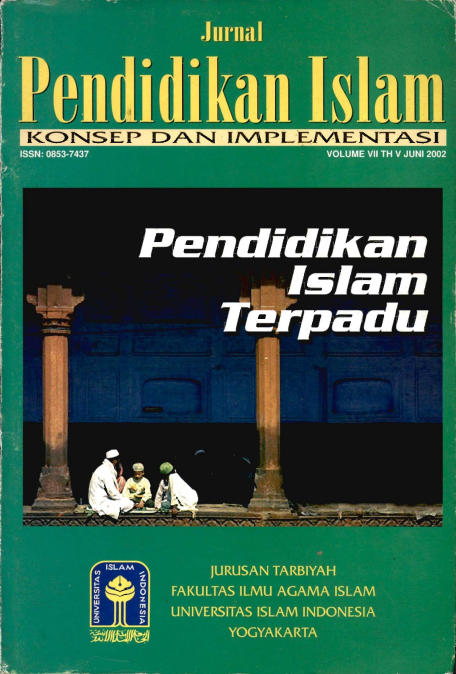Main Article Content
Abstract
Islamic education is a holistic and comprehensive learning process which difference from other education systems, where the system only bringing forward the IQ (Intelligent Quotient) part of the education, neglecting the EQ (Emotional Quotient), SQ (Spiritual Quotient), or TQ (Transcendental Quotient). To avoid this defect, an Islamic education Institute, called Sekolah Dasar Islam Terpadu which means Integrated Islamic Elementary School, offers a system which doesn't make a distinction those elements. Years after years, after its foundation, the school got a large intake of pupils because of the acceptation of the community, though people have different perception about the system. That's why this paper will reveal the parents' reason of bringing their offspring to that school. The research starts with population but unfortunately only 75 people respond to the questionnaire of the percentage, has been found that there are positive and negative perceptions. To get this standard deviation has to be found, and after it has been found, the normal curve can be calculated. After collecting and analyzing the data, it profs that most respondents have a positive perception towards the SDIT system, especially at the Luqman AI Hakim Elementary School (about 61.4%) and others have a good opinion about the system namely 94%.
Article Details
Authors retain copyright and grant the journal right of first publication with the work simultaneously licensed under a Creative Commons Attribution (CC-BY-SA) 4.0 License that allows others to share the work with an acknowledgment of the work’s authorship and initial publication in this journal.
